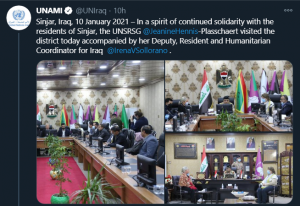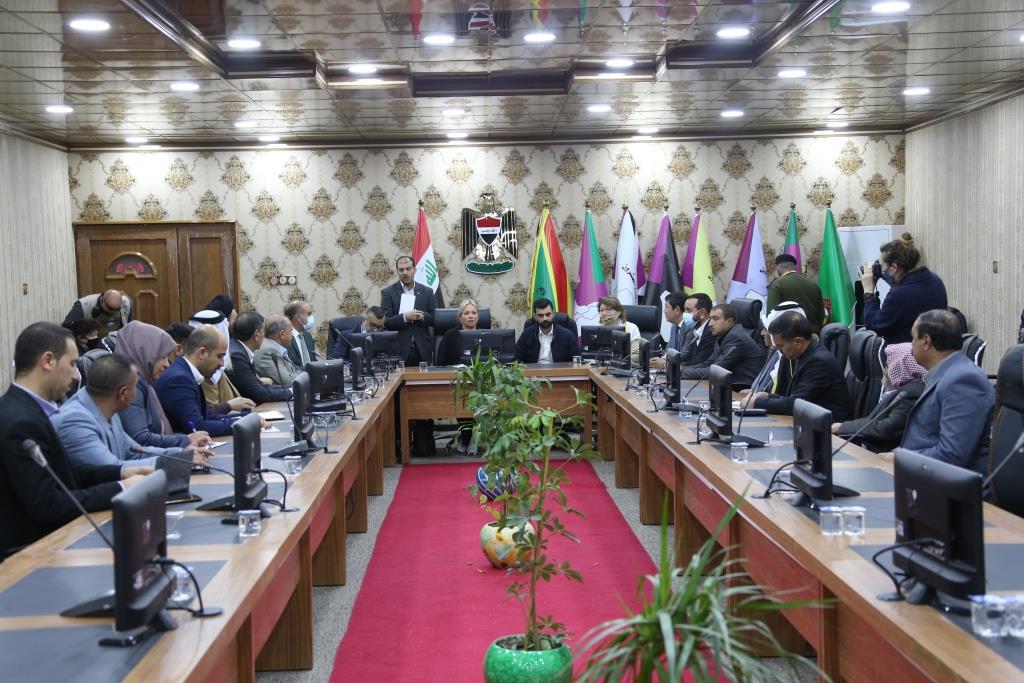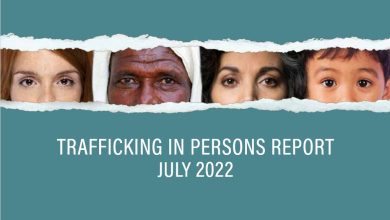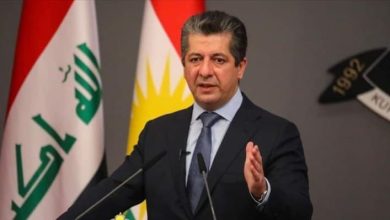According to Iranian Kurdistan Human Rights Watch, United Nations envoy to Iraq Jeanine Hennis-Plasschaert has called for a speedy implementation of the Sinjar agreement reached between the Iraqi government and the Kurdistan Regional Government (KRG) on efforts to normalize conditions and alleviate the current hardships of the Yezidi people who live there.
Hennis-Plasschaert’s comments came following her visit to the Sinjar (Shingal) region. She was accompanied by her Deputy, Resident and Humanitarian Coordinator for Iraq, Irena Vojáčková-Sollorano.
“The completion of the security arrangements and the implementation of other parts of the agreement need to be expedited so that critical reconstruction work and service delivery can kick-off and accelerate,” a statement the UN Assistance Mission in Iraq (UNAMI) released quoted her as saying.
When ISIS invaded Sinjar in the summer 2014, the city was home to some 90,000 residents, most of them members of the Yezidi ethno-religious minority. The radical islamist group proceeded to kidnap and massacre large numbers of people, and thousands of women and girls were forced into sexual slavery. Those atrocities are now widely recognized as genocide.
Tens of thousands of Yezidis from Sinjar and surrounding areas remain displaced in the Kurdistan Region. Others fled to Europe and other areas abroad. Thousands are still missing.

Since ISIS was driven out of Sinjar, the town and its surrounding areas have been controlled by a patchwork of armed groups.
The PKK managed to establish a foothold in Sinjar in mid-2014 on the pretext that it was protecting the local Yazidi community from ISIS. It has also set up its Sinjar wing YBS there, recruiting local youth for the purpose of armed struggle. Since then, the PKK has established a new base in the area for its logistical and command-and-control activities besides their main headquarters in the Qandil mountains in northern Iraq. Sinjar had become a roadstop between the Iraqi-Kurdish mountains and the PYD/YPG-led self-autonomous region of North-East Syria.
The Erbil-Baghdad Sinjar agreement is highly significant and is expected to normalize the situation in the Sinjar region,” State Minister of the Kurdistan Regional Government (KRG) Aydin Marouf told the media.
In the normalization process, security arrangements will be implemented in line with the deal such as booting out armed groups, including the PKK and restoring law, order and authority. Through the establishment of security and the removal of these armed groups, it is expected that the displaced Yazidi community, which suffered genocidal attacks by Daesh when the group took control of significant swathes of the region, can finally return.
“When ISIS occupied the region, the Yazidis had to live under oppression and were subjected to forced displacement. The hundreds of thousands displaced Yazidis could also not return after ISIS left the region because the void was filled in by other illegal armed groups,” Marouf explained, stressing that a large part of the Yazidis reject the PKK presence, and thus the group hinders their return.
Secretary-General for the United Nations Assistance Mission for Iraq (UNAMI) Jeanine Hennis-Plasschaert has expressed to the government strong support for the implementation of the Sinjar deal.






